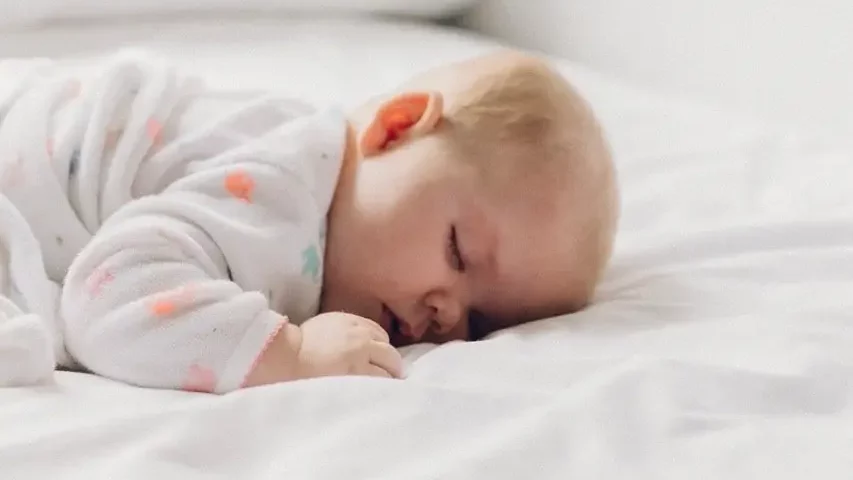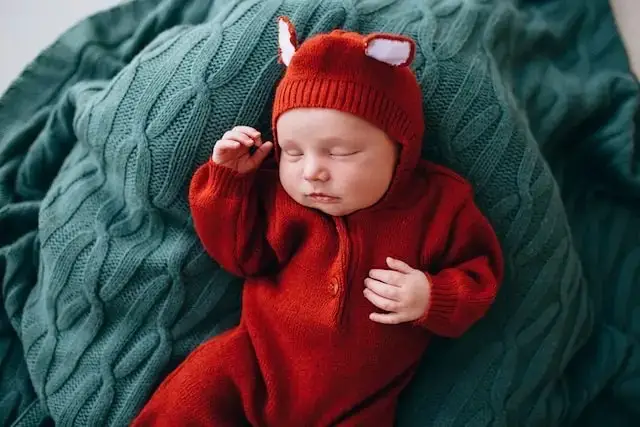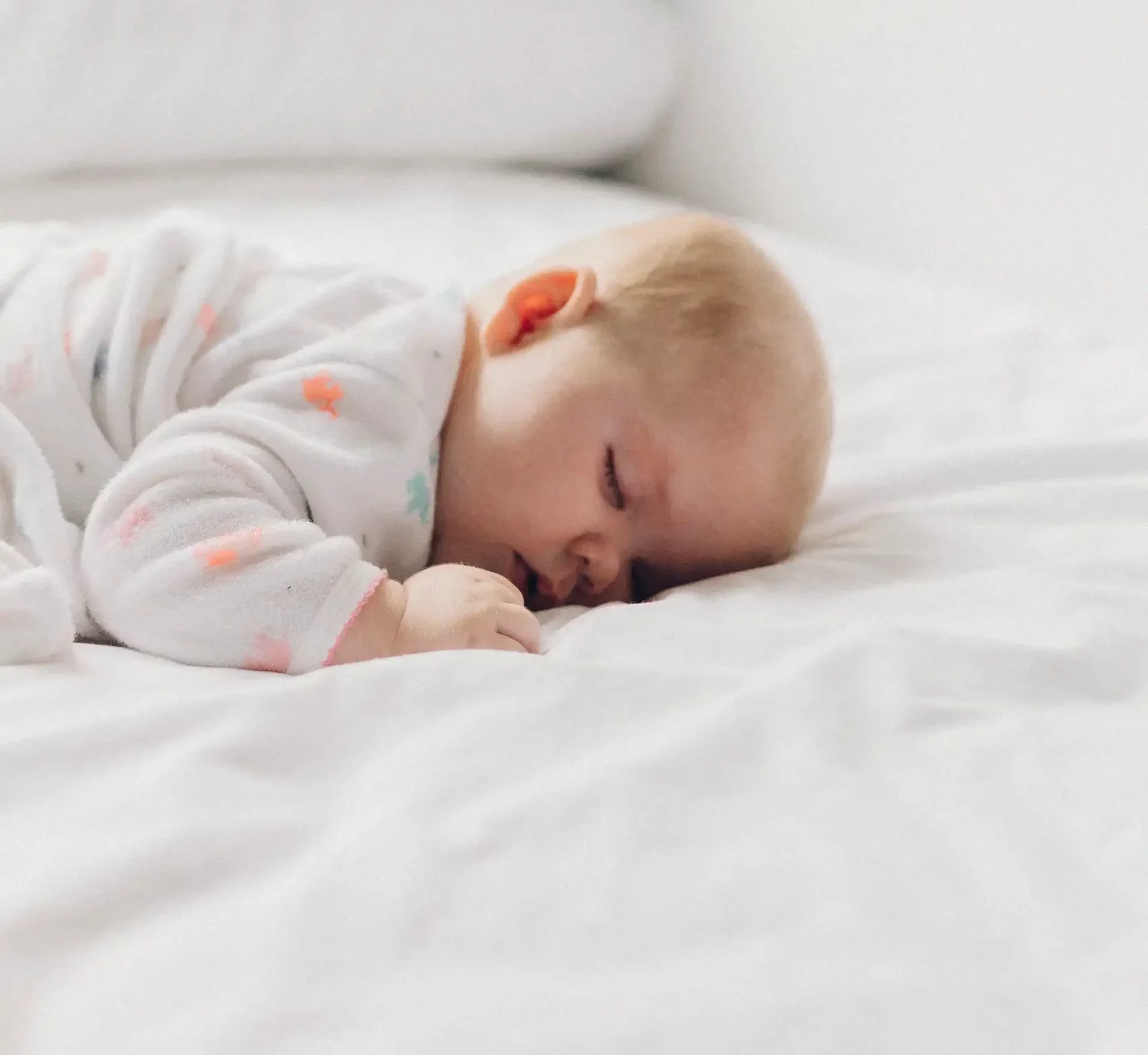When polyester fabric came onto the market, parents everywhere rejoiced. finally, a fabric that was both safe and stylish for their little ones! No more worries about harmful chemicals or dangerous dyes.
But with time, a new question arose: is polyester safe for babies? Some experts argued that the synthetic fibers could cause skin irritation and even lead to asthma. Others maintained that the fabric was perfectly safe, and that any concerns were simply overblown.
The debate raged on for years, but no one could come to a definitive answer. Finally, a large study was conducted to see if there was a link between polyester and asthma. The results were inconclusive, but they did suggest that there might be a small risk associated with wearing polyester clothing.
So what’s a parent to do? While there is still some uncertainty about the safety of polyester fabric, most experts agree that it’s probably okay to wear it occasionally. But it’s always best to err on the side of caution, so try not to rely too heavily on clothes made from this material.
So what should you do? Is polyester safe for your baby or not?
The truth is, there isn’t a simple answer. Every child is different and some may be allergic to polyester, while others won’t have any problems with it. You’ll need to experiment a bit and see what works best for your little one.
If you’re worried about the safety of polyester, there are plenty of other fabrics you can choose from. Cotton is always a good option, or you could try wool or bamboo. Whichever fabric you choose, just make sure it’s soft and comfortable for your baby.
Is Polyester Safe for Babies?

Polyester is often used in baby clothes because it is inexpensive and easy to care for. However, some parents worry that polyester may not be safe for their babies.
Polyester is made from synthetic fibers, which means it is not as breathable as natural fabrics like cotton. This can make it more likely for your baby to experience skin irritation or even rashes. Additionally, polyester is not as absorbent as natural fabrics, so it might not be the best choice for diapers or clothing that could get wet.
If you are concerned about the safety of polyester for your baby, you can look for clothing made from organic cotton or other natural fibers. You can also choose clothing with a higher thread count, which will be softer and more breathable. Ultimately, the best way to ensure your baby’s comfort is to choose clothing that you feel comfortable putting on them.
Better alternative then Polyester Clothing for Babies

When it comes to baby clothes, natural fibers are always the best choice. Unfortunately, polyester is often used in baby clothes because it is cheaper and easier to care for than natural fibers. However, there are a few reasons why you should avoid sewing with polyester for your baby’s clothing.
Polyester is not breathable, which means that your baby may be more likely to experience skin irritation or rashes. Additionally, polyester is not as absorbent as natural fibers like cotton, so your baby’s clothes may not be as comfortable if they’re made from this fabric. Finally, polyester is not biodegradable, so it can be harmful to the environment.
If you’re looking for an alternative to polyester for your baby’s clothing, consider sewing with organic cotton or other natural fibers. These materials are more breathable and absorbent, so they’ll be more comfortable for your baby. Plus, they’re better for the environment since they’re biodegradable.
Why Cotton Cloth is best for Babies ?
There are many reasons why cotton is the best fabric for baby clothes. Cotton is a natural fiber, so it is breathable and absorbent. This means that your baby will be more comfortable in cotton clothing, and less likely to experience skin irritation or rashes. Additionally, cotton is biodegradable, so it is better for the environment than polyester.
How often Should i Change the Baby Cloth
You should change your baby’s clothes as often as needed to keep them clean and comfortable. However, you should also consider changing their clothes if they seem wet or dirty. Additionally, you may want to change their clothes more frequently in hot weather or if they are sweating a lot. Ultimately, the best way to determine how often to change your baby’s clothes is to use your best judgement.
How often to wash baby clothes

As a new mom, one of the most important things to figure out is how often to wash baby clothes. Too little and they get dirty again too quickly; too much and you’re using up all your laundry detergent!
After doing some research, I decide that every other day is the sweet spot for washing my baby’s clothes. That way they stay clean but I’m not spending all my time in the laundry room.
One day, however, I notice that the baby’s clothes are starting to smell a bit funky. I check the tag and sure enough, it’s been more than two days since the last wash. Time to break out the detergent!
I start loading up the washing machine when I hear my baby crying. It must be time for a feeding! I put the load on hold and head to the nursery.
A few hours later, as my baby sleeps soundly, I finish loading up the washer and hit start. Now it’s just a waiting game until those sweet-smelling clothes are ready to be worn again.
4 Fabrics to Strictly Avoid for Babies
1. Polyester- As mentioned earlier, polyester is made from synthetic fibers. This means that it is not as breathable as natural fabrics like cotton. Additionally, polyester is not absorbent, so your baby’s clothes may not be as comfortable if they’re made from this fabric.
2. Nylon– Nylon is another synthetic fiber that is not as breathable as natural fabrics. Additionally, nylon is not absorbent, so it might not be the best choice for diapers or clothing that could get wet.
3. Spandex– Like nylon, spandex is a synthetic fiber that is not very breathable. Additionally, spandex is not absorbent, so it might not be the best choice for diapers or clothing that could get wet.
4. rayon– Rayon is a synthetic fiber made from wood pulp. While it is more breathable than polyester, it is not as absorbent. Additionally, rayon is not biodegradable, so it can be harmful to the environment.
